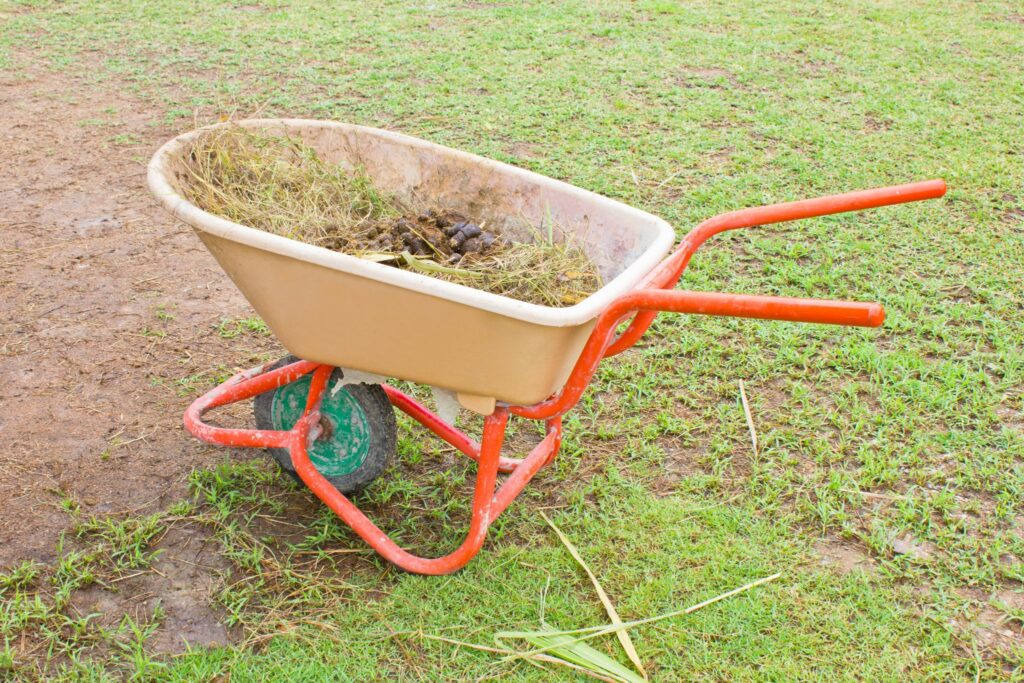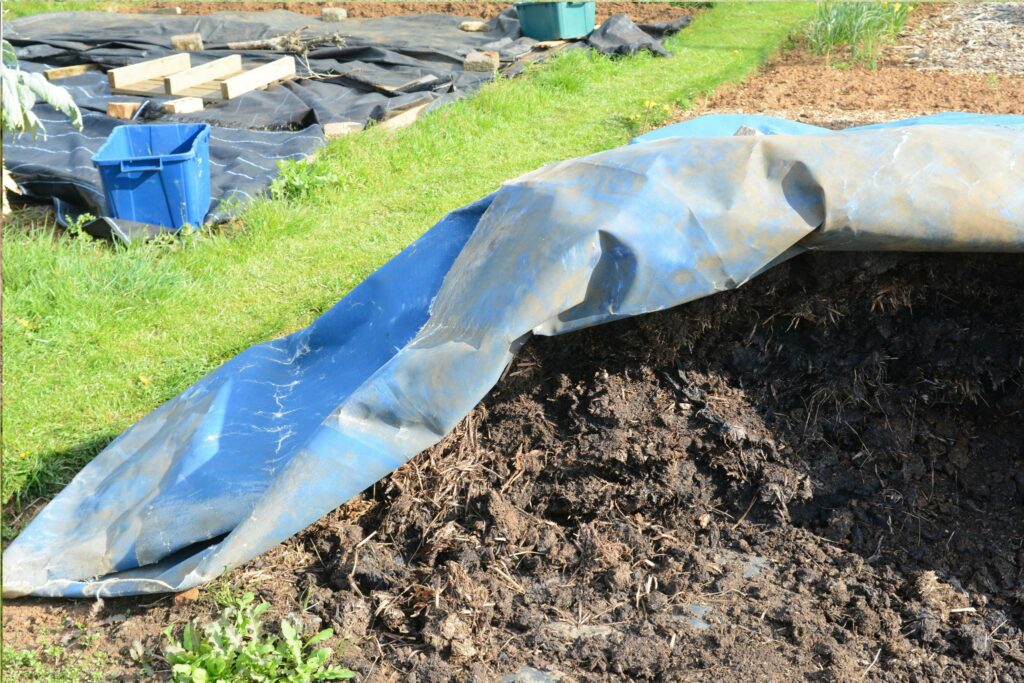Horse News
Member
Can you burn horse manure, and other stinky quandaries
Though “manure management” may sound like an equine college major, it’s actually an everyday essential practice for keeping your horses healthy and happy. Fortunately, there are a few simple tricks to make manure removal a breeze—and not a foul one.
Horses can produce 30-50 pounds of poop a day, so it’s important to have a manure management system in place. Short-term manure storage needs to be far enough away from the barn to help mitigate flies. Long-term solutions include options like spreading, hauling to a commercial composting facility, or composting.
Composting, in particular, is a low-cost, environmentally friendly option that can be a potential source of income for you and your farm!
Let’s Talk Horse Poop
Hay goes in, poop comes out. It’s one of the simplest equations in horse care, but also one of the most complicated. Improper care of manure can infect water, destroy fields, or make horses sick.
How much do horses poop?
On average, a horse poop 6-10 times per day, which equals 30-50 pounds of poop. If your horse is stalled, expect 60-70 pounds of waste a day.

Photo credit: Canva
Manure Management 101
There are several options for managing manure. Some involve off-site solutions, but many can be done on your property.
Cleaning Frequency
Stalls need to be cleaned at least once per day.
If horses are inside for more than 12 hours, stalls should be cleaned once and picked one to two additional times per day.
Paddocks should be picked once a week. An alternative is to drag pastures once a week (depending on how much manure is in the fields).
Short Term Storage
With manure comes flies, so it’s important to have a dumpsite for manure that’s away from the barn and any turnout spaces. This will hamper the growth and spread of pesky flies.

Photo credit: Canva
Long Term Manure Management
There are a few options for dealing with manure in the long run. If you have a few horses on at least a few acres of land, you can probably just spread it.
Larger operations, or those with a small horse-to-land ratio, need to consider other options.
One choice is to haul it away or hire a company to haul the manure to a commercial composting facility. Some services even provide a container. Another option is to compost it yourself.
Composting is a very environmentally friendly way of dealing with manure. While low cost, it does require a bit of labor and maintenance.
Frequently Asked Questions
Q: Can you burn fresh horse manure?
You can’t burn fresh manure (it contains too much moisture), but you can burn it once it is dried. Horse manure can be dried in “bricks” and then burned for heat.
Researchers in Italy actually did a study on burning horse poop. While manure has high energy potential, it has to be dried to be used as fuel–drying naturally often takes too long, degrading the carbon content and therefore the heating value.
There are some other complications to consider–horse manure has higher chlorine and sulfur levels than wood, both of which are corrosive to metal (like a furnace). Nitrogen levels are also high, which means burning horse manure would increase greenhouse gasses and therefore negatively affect climate change.
Based on these findings, we don’t suggest burning horse manure—even though it’s possible.
Q: What is the best way to get rid of horse manure?
The best way is whatever way you can sustain!
Depending on the size of your barn, land, and number of horses, the most feasible removal options include spreading it, using a disposal service, or composting.
Q: Is horse manure flammable?
This is complicated. Technically yes, which is why it’s important to keep manure a safe distance away from your barn and hay storage.
While a pile of horse waste catching fire is highly unlikely (generally, the moisture content is too high), dry horse manure and sawdust is highly combustible.
To properly compost horse manure, the pile should be approximately 130 degrees F to 150 degrees F; over 180 degrees F is not helpful for composting. If temperatures reach 300-400 degrees F, combustion is a real possibility.
Q: What can I do with old horse manure?
As we’ve discussed, there are two main choices: have it hauled off-site or use an onsite management system like spreading or composting. Local farmers will likely buy your composted manure if prepared correctly.
Parting Thoughts
If you go the way of composting, horse manure can be another source of income for you and your farm. It’s an environmentally friendly solution your local farmers will be happy to support.
Further Reading:
https:// thehorse.com/1106171/horse-poop-as-a-home-heating-source/
https:// thehorse.com/17026/is-my-compost-pile-going-to-combust/
The post Manure Management Made Simple for Horse Rookies appeared first on Horse Rookie.
Continue reading...
